Coping with the mental fallout of Fukushima
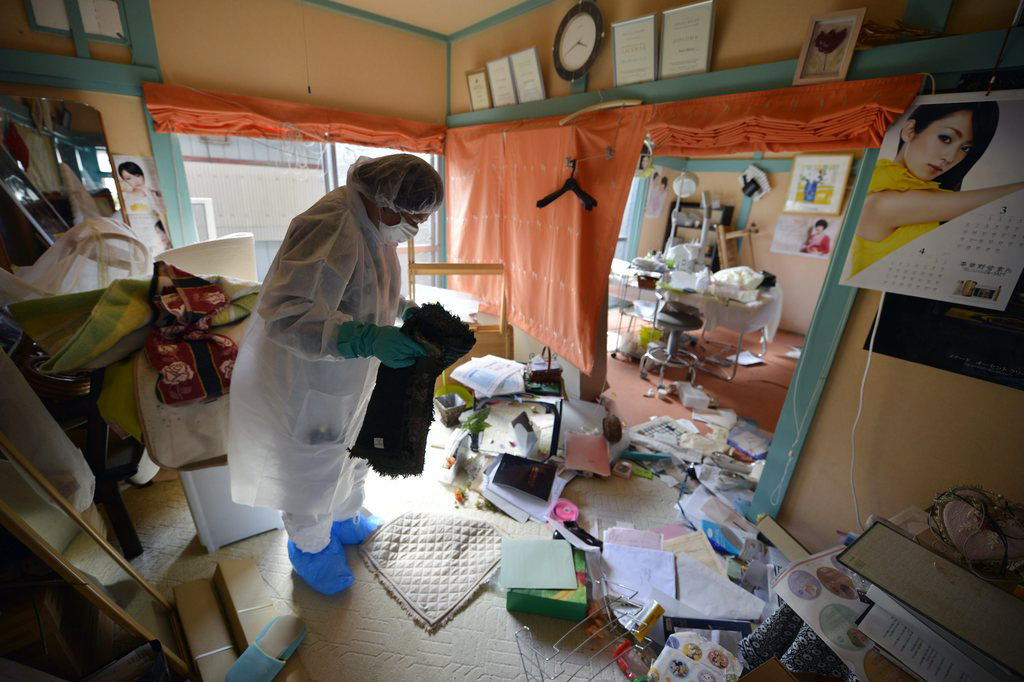
The Fukushima nuclear disaster has left deep psychological scars on the local population. Japanese psychiatrist Arinobu Hori talks to swissinfo.ch about the problems he has encountered and his work helping locals rebuild their lives.
Hori, who originates from Tokyo, moved to Fukushima to work as a psychiatrist at the Minamisoma clinic 24 kilometres north of the Fukushima Daiichi nuclear plant, which was damaged by the earthquake and tsunami which struck Japan on March 11, 2011.
His non-governmental organisation “Minna no Tonarigumi” (neighbourhood group for all) organises seminars, meals, walks and other group activities to raise local awareness about psychiatric illnesses.
Hori, who has carried out research into chronic depression, encourages people to open their hearts and talk about their emotions – even if they “don’t like doing so because of their traditional culture”. He believes it is “extremely dangerous to keep inside feelings of desperation of having lost everything as well as constant fear”.
More than 160,000 people were forced to leave their homes in the Fukushima region to escape the radioactivity dangers.
swissinfo.ch: The messages sent by Japanese swissinfo.ch readers expressing their constant fears and concerns about their children’s health are really striking. Is this something you have also witnessed among your patients?
Arinobu Hori: I am sure that all inhabitants of Fukushima Prefecture are worried, even if they might not talk about it openly.
There are different kinds of worries: those relating to the long-term health of their children are the biggest and most common. But people also worry about their own health and about radioactivity levels of food and the environment. The idea that the power station could blow up again frightens lots of people. Many citizens of Fukushima fear that people from other regions are becoming prejudiced against them. Some fear they are being avoided like the plague.
swissinfo.ch: People have been experiencing these kinds of emotions for two years now, and they will no doubt continue for a long time, which is unheard of in Japan. What kind of psychological illnesses are starting to emerge?
A.H: It’s true that this is a first for Japan. We see that people who had psychological problems in the past had relapses after the disaster, which is quite an easy phenomenon to comprehend. There are also cases of depression and alcohol addiction.
And similar to the Kobe earthquake disaster in 1995, people die alone without any close family to accompany them.
swissinfo.ch: An evacuated woman was allowed to return to her house every three months. She wrote that ‘looking at the garden full of weeds and reflecting on my lost future where we could have lived with my children and grand-children, I feel as if I’m watching my own funeral’. How do you interpret these kinds of feelings?
A.H.: Losing your birthplace and the feeling of nothingness that comes with it is a well-known theme in psychiatry. For people from Fukushima who have always farmed the land, their birthplace is something special and precious.
For this woman, what is particularly hard is that she is confronted with this sense of loss every three months.
Some people can’t bear this kind of situation. Recently two men committed suicide in their house just after returning.
Born in Tokyo in 1972, Arinobu Hori studied medicine at Tokyo University.
He worked at Tokyo University Hospital’s psychiatric service from 1997-1999 and then at various hospitals and clinics in the Japanese capital until 2003.
From 2003-2008 he was involved in a “community therapy” programme at Kawagoe Dojinkai Hospital in Saitama, near Tokyo. The scheme aims to re-integrate chronically sick patients back into society.
From 2008-2012 he studied chronic depression, in particular its socio-cultural aspects, at Teikyo University Hospital in Tokyo.
In 2012 he moved to Minamisoma to work at the Hibarigaoka Byoin clinic some 24km north of Fukushima.
Hori currently works as a psychiatrist and has formed the “Minna no Tonarigumi” organisation to help rebuild social ties between individuals.
swissinfo.ch: People were also worried and helpless after the Kobe earthquake. How is the Fukushima disaster different?
A.H.: The breakdown of society is a unique phenomenon in the case of Fukushima. After a natural disaster like the one in Kobe everyone suffered but at the same time came together for the reconstruction effort. In Fukushima, radioactivity changed everything. It caused families and the community to break up.
In some districts elderly people have stayed behind and young people have left. Some couples have different worries about the effects of radioactivity or the need to evacuate. Other people criticise those who left Fukushima. The differences in compensation to be paid out – calculated according to the levels of contamination – have also created divides in some districts.
Those evacuated now live in places where they don’t know their neighbours, and they feel they can’t talk to them about their concerns or difficulties.
swissinfo.ch: You mention the different attitudes people have towards the dangers of radioactivity. Is this because the authorities have not given clear, coherent information about the problem?
A.H.: Yes. The Japanese have the feeling that right after the power station exploded the authorities hid information.
The accident was itself caused by Japanese mentalities and especially those of its leaders. The country has lots of debts but the leaders don’t take the right measures. Society is aging but doesn’t help the young generation. This mentality of not taking decisions, which is typical among Japanese, has built up over time and was brought to the fore by the Fukushima accident.
It’s down to the leaders to change their way of functioning. But in the meantime, while waiting for this to happen – or not – the citizens have to take their future into their own hands. This is a difficult change for the very traditional farming society of Fukushima.
This is why I came here to help them organise meetings and parties to re-build ties among the local population.
swissinfo.ch: But if you try to rebuild social ties to bring people back together again along traditional lines mentalities won’t change…
A.H.: In Fukushima I’m not looking for radical solutions to destroy the traditional farming society. The population is starting to take their first steps towards reconstruction but they are still holding on to their former ways of thinking which are completely identified with the original social group. People are ready to give everything for the group.
So if I can help people become more independent while keeping the positive aspects of their “archaic” society, I will be very happy.
On March 11, 2011, a 9.0-magnitude earthquake struck northeast Japan, causing a huge tsunami. Thirteen-metre-high walls of water smashed into the Fukushima Daiichi nuclear plant 240km north of Tokyo, knocking out its main power supply, destroying backup generators and disabling the cooling system. Three reactors melted down as a series of hydrogen explosions rocked the plant.
Concerns about the repeated small explosions, the atmospheric venting of radioactive gases, and the possibility of larger explosions led to a 20 km-radius evacuation around the plant.
The Japanese government estimates the total amount of radioactivity released into the atmosphere was approximately one-tenth as much as was released during the Chernobyl disaster. Significant amounts of radioactive material have also been released into ground and ocean waters.
A few plant workers were severely injured or killed by the disaster. There were no immediate deaths due to direct radiation exposures, but at least six workers have exceeded lifetime legal limits for radiation and more than 300 have received significant radiation doses. Predicted future cancer deaths due to accumulated radiation exposures in the population living near Fukushima have ranged from none to 100.
On December 16, 2011, Japanese authorities declared the plant to be stable, although it would take decades to decontaminate the surrounding areas and to decommission the plant altogether.
Japan faces an unprecedented clean-up that experts say could cost at least $100 billion (CHF95 billion) for decommissioning the reactors and another $400 billion for compensating victims and decontaminating areas outside the plant.
(Translated from French by Simon Bradley)

In compliance with the JTI standards
More: SWI swissinfo.ch certified by the Journalism Trust Initiative
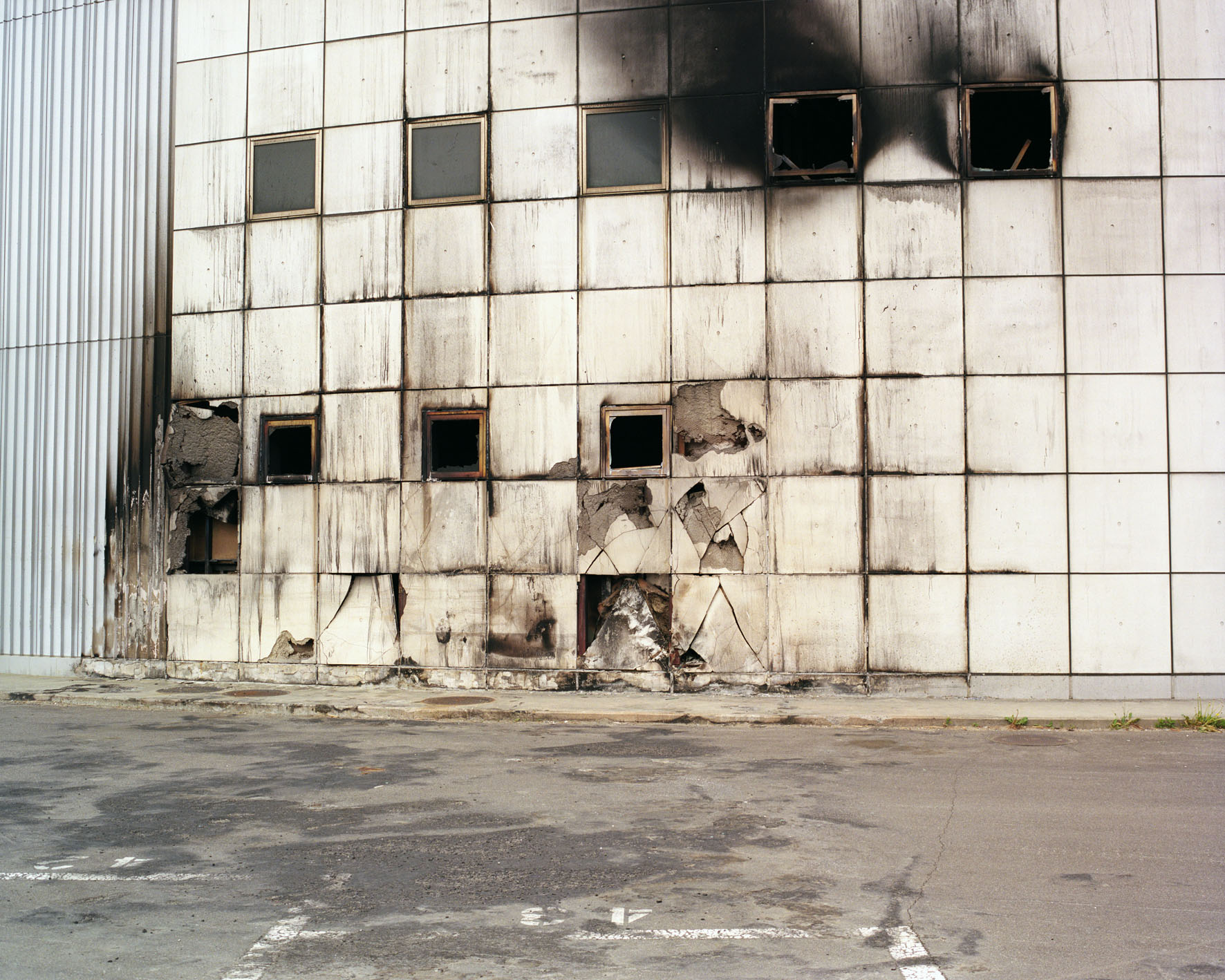
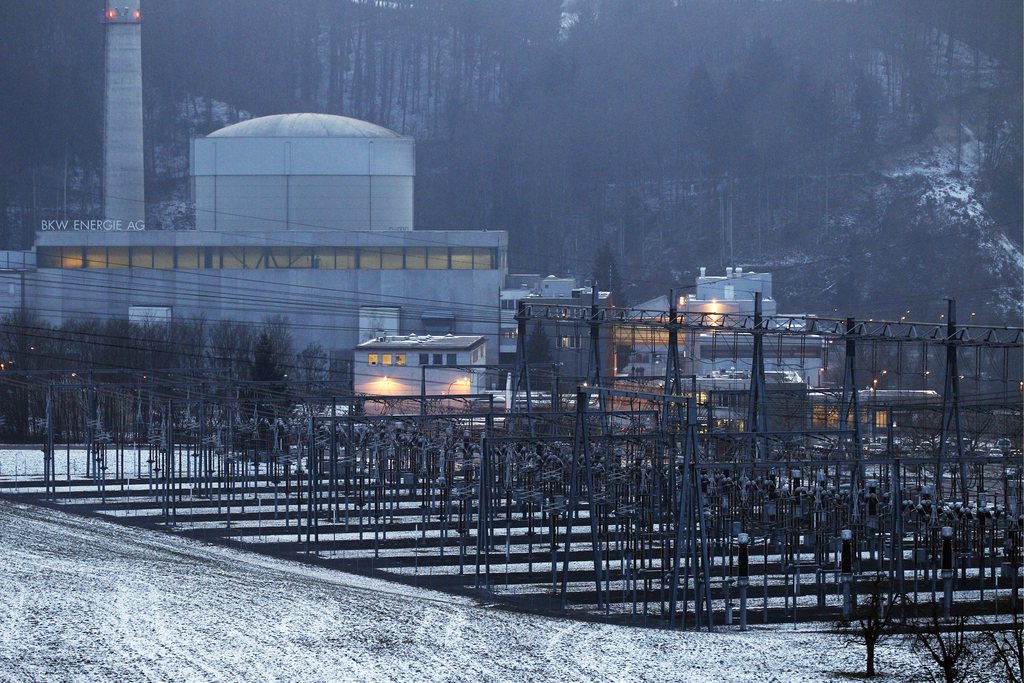
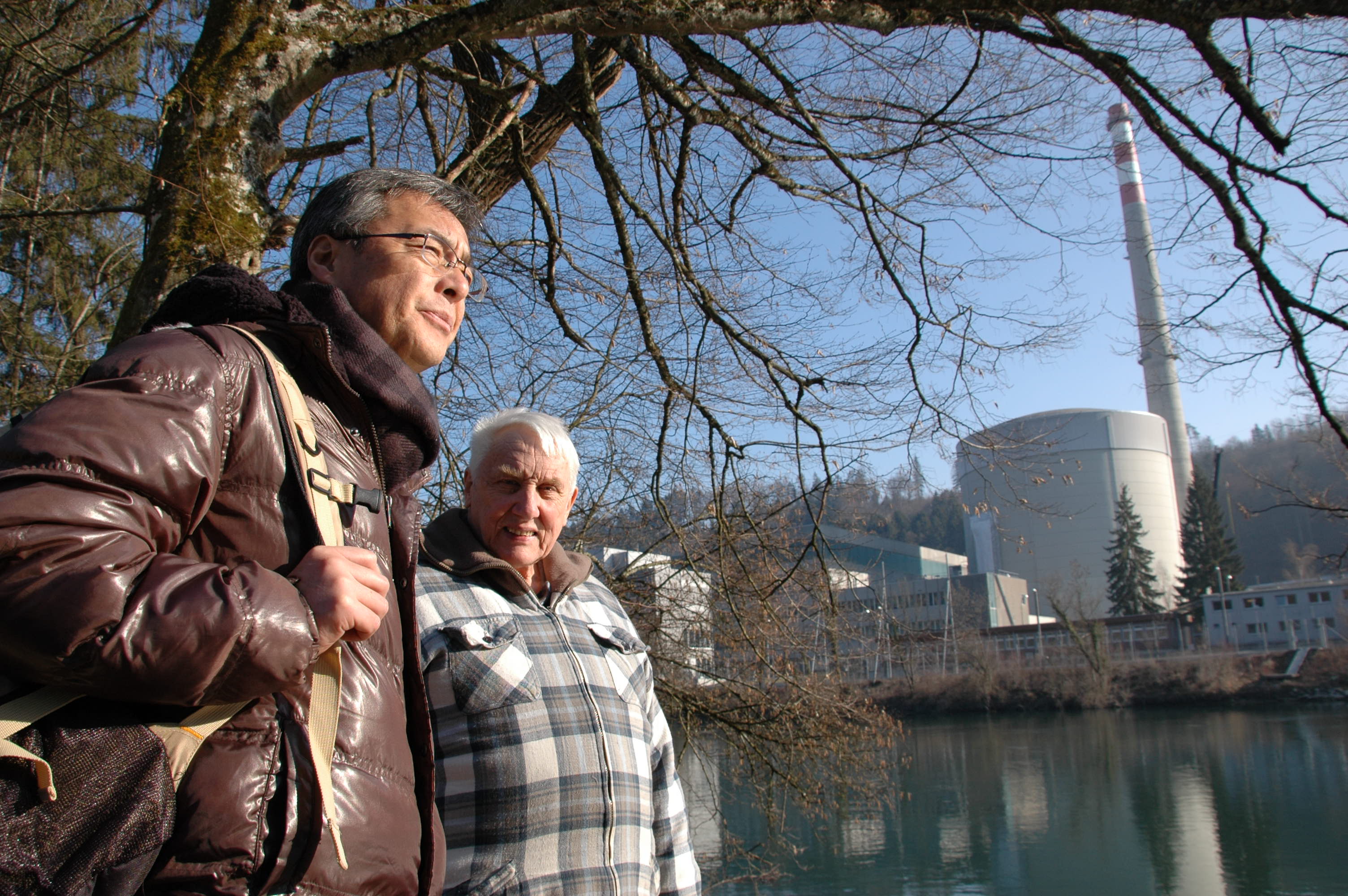
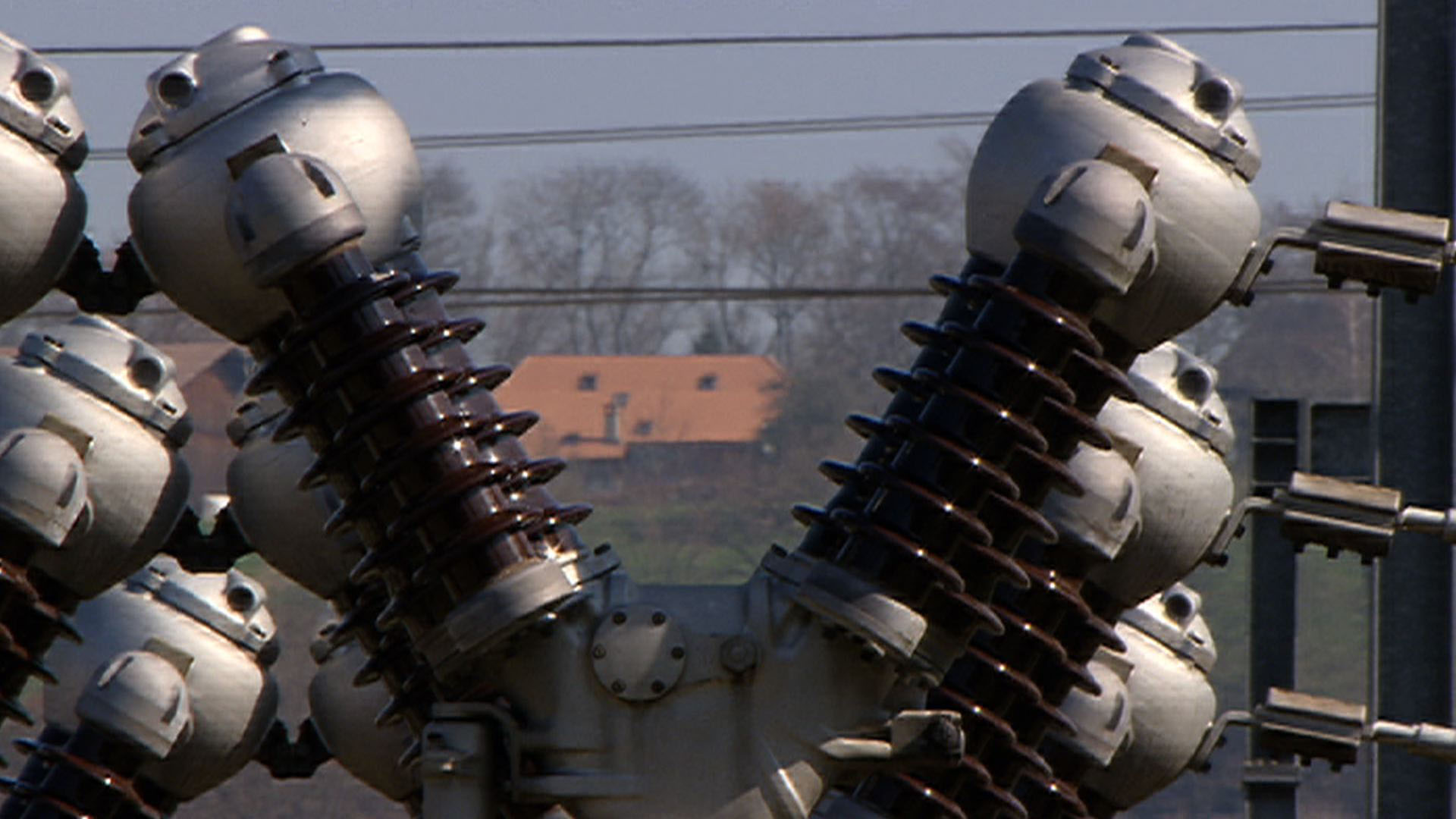
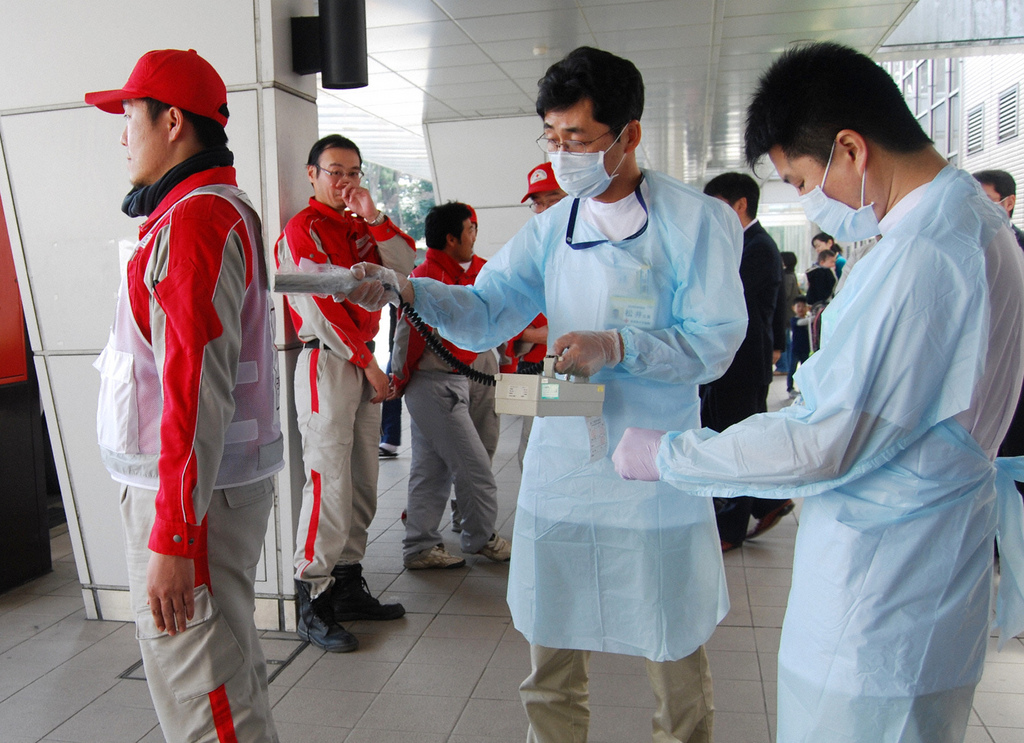
You can find an overview of ongoing debates with our journalists here. Please join us!
If you want to start a conversation about a topic raised in this article or want to report factual errors, email us at english@swissinfo.ch.